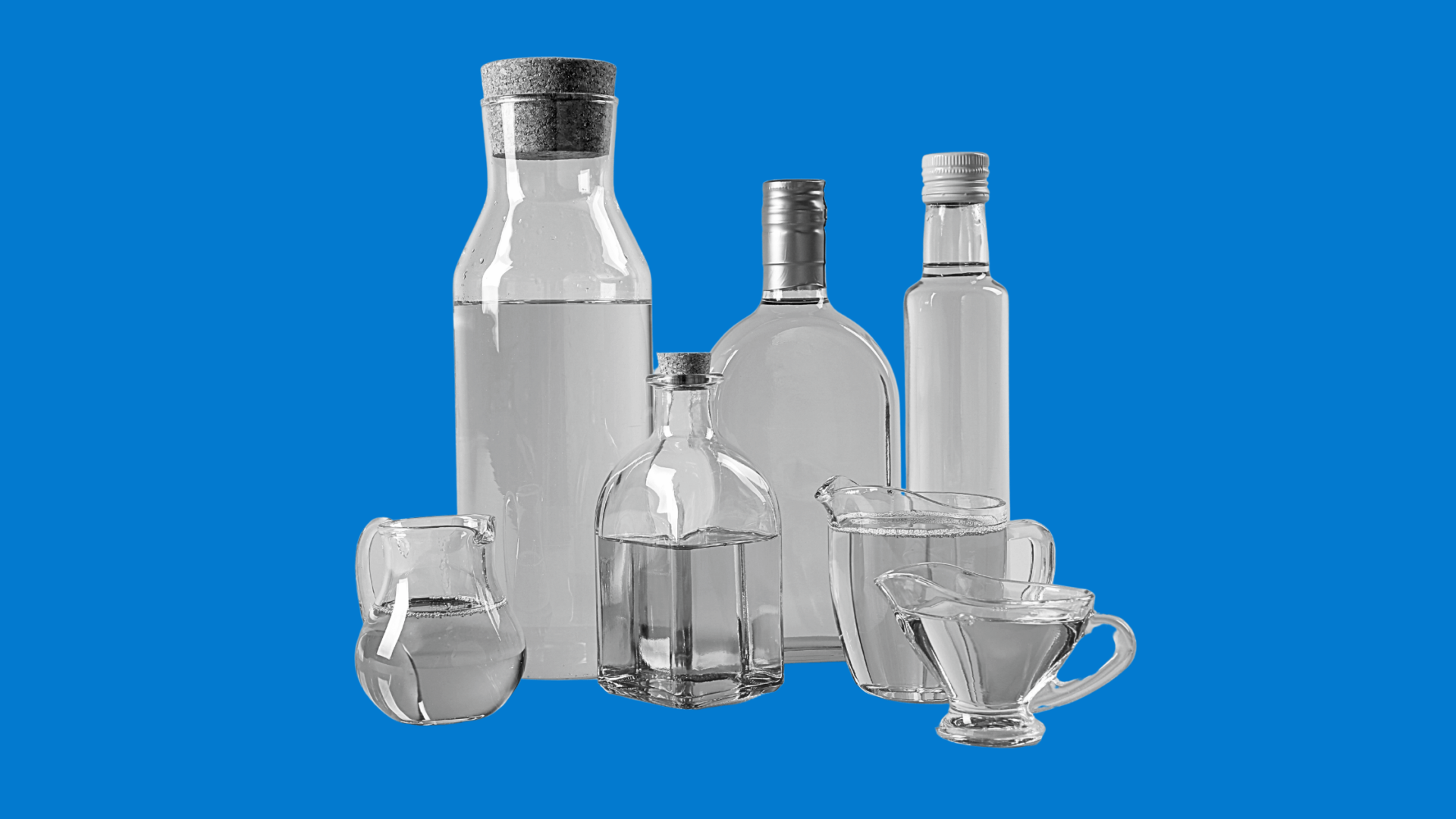Seed Oils: The Not-So-Secret Saboteurs of Your Well-Being

Let’s talk seed oils—a topic that’s been bubbling up in wellness circles and, honestly, deserves all the attention. Seed oils, those seemingly innocuous ingredients hiding in your pantry, are wreaking havoc on your health, and it’s time we address the greasy elephant in the room.
What Are Seed Oils?
Seed oils are vegetable oils extracted from the seeds of various plants. They’re commonly used in cooking and food production due to their neutral flavor and high smoke point, making them convenient for a variety of dishes. Sounds harmless, right? Wrong. These oils, like canola, soybean, and sunflower oil, are linked to a laundry list of health issues, from obesity and diabetes to brain fog and fertility problems.
The Misleading Health Halo
For years, organizations like the American Heart Association have recommended vegetable oils, including many seed oils, over saturated fats for heart health. This advice, however, stems from poorly conducted studies from the 1950s and 60s, leading to widespread confusion. These studies have ingrained the idea that seed oils are benign, but recent research paints a much darker picture.
The Health Risks of Seed Oils
Here’s what seed oils are really doing to your body:
Inflammation: Seed oils are packed with omega-6 fatty acids, which, when consumed in excess, disrupt the delicate balance with omega-3s. This imbalance leads to chronic inflammation, a root cause of many health issues, including heart disease, arthritis, and even Alzheimer’s disease.
Obesity and Diabetes: Seed oils can literally make you hungrier by disrupting your hormones, leading to overeating and weight gain. Europe, in an effort to cut costs, has shifted more towards seed oils, and not coincidentally, they’re seeing a rise in diabetes rates.
Brain Fog and Dementia: When heated, seed oils produce toxic compounds called aldehydes, which can damage cells, including those in your brain. This oxidative stress is linked to cognitive decline, contributing to conditions like Alzheimer’s and dementia.
Fertility Issues: The inflammation caused by seed oils can threaten fertility and pregnancy outcomes. Conditions like PCOS, which are linked to hormone imbalances and insulin resistance, can be exacerbated by the high omega-6 content in seed oils.
Endocrine Disruption: Seed oils can interfere with your endocrine system, leading to hormonal imbalances and a range of related health problems.
Metabolic Syndrome and Heart Disease: The chronic inflammation triggered by seed oils contributes to metabolic syndrome—a cluster of risk factors including obesity, high blood pressure, and impaired fasting glucose—that increases the risk of cardiovascular disease and stroke.
The Seed Oil Roll Call
Seed oils come in many forms, often rebranded to appear more palatable. Here’s a list of common toxic seed oils you might encounter:
– Canola Oil (aka rapeseed oil): Watch out for the rebranding strategy—rapeseed oil was rebranded as canola in the late 1970s, but now some companies are calling it ‘rapeseed oil’ again to mislead consumers, who are increasingly aware of the negative health effects associated with canola oil.
– Cottonseed Oil
– Corn Oil
– Soybean Oil
– Sunflower Oil
– Safflower Oil
– Grapeseed Oil
– Rice Bran Oil
These oils are everywhere, hiding in plain sight in many of the foods you consume daily.
Hidden Sources of Seed Oils: Where They’re Lurking
Even when you think you’re avoiding seed oils, they might be sneaking into your diet. Here are some common products where seed oils often hide:
1. Alternative Milks: Many plant-based milks contain seed oils. Check labels to ensure your almond milk, for example, contains just almonds and water. Brands like Three Trees offer seed oil-free options.
2. Dips, Dressings, and Mayonnaise: These are often loaded with seed oils and other inflammatory ingredients. Olive oil is a healthier option for dressings, but for indulgent options like ranch, it’s better to treat them as occasional indulgences.
3. Hummus: Even organic hummus can be packed with seed oils. Consider making your own hummus (like this one from Rainbow Plant Life) to control the ingredients and avoid unwanted additives.
4. Supplements: Some supplements contain seed oils and unnecessary fillers. Be vigilant about reading labels and choose brands like Thorne, which avoid harmful ingredients.
5. Nuts and Nut Packs: Some pre-packaged nuts are roasted in seed oils. Opt for nuts that contain only two ingredients: nuts and salt.
6. Crackers: Many “healthy” crackers still contain seed oils. Brands like Ella’s Flats offer seed oil-free alternatives, though they may be pricier and harder to find.
Healthier Alternatives to Seed Oils
If you’re looking to reduce your intake of seed oils, consider these healthier options:
Extra Virgin Olive Oil (EVOO): Rich in monounsaturated fats and antioxidants, EVOO is excellent for low-heat cooking and dressings. Ensure it’s organic, cold-pressed, and single-sourced to avoid adulteration with seed oils.
Avocado Oil: A great option for high-heat cooking, avocado oil has a high smoke point and is less likely to be cut with seed oils.
Coconut Oil: Another healthy alternative, especially for high-temperature cooking.
Not Oils, but Great Options for High-Temperature Cooking:
Ghee (Clarified Butter): Excellent for high-heat cooking and packed with healthy fats.
Butter: Use organic, grass-fed butter for a rich flavor and stable fat content.
Beef Tallow: Another great high-heat option, but ensure it’s organic and grass-fed.
Final Thoughts: Small Changes, Big Impact
Seed oils are everywhere in our food supply, but by making informed choices, you can significantly reduce your intake. Opt for whole, minimally processed foods, check labels diligently, and choose healthier cooking oils. Remember, wellness isn’t about perfection—it’s about making better choices. So, swap out those seed oils and start making small changes that add up to a healthier, happier you. Because you deserve a life that’s untoxed, unbothered, and unapologetically balanced.







